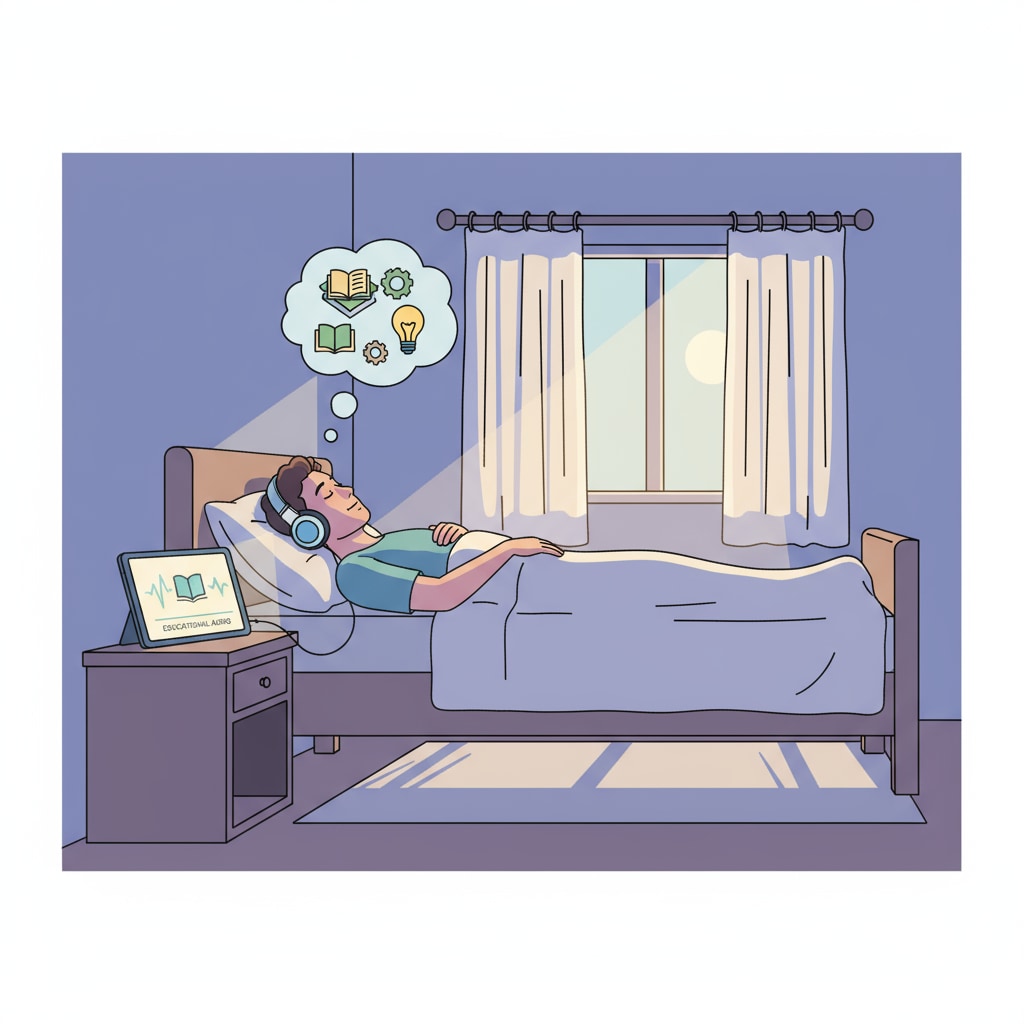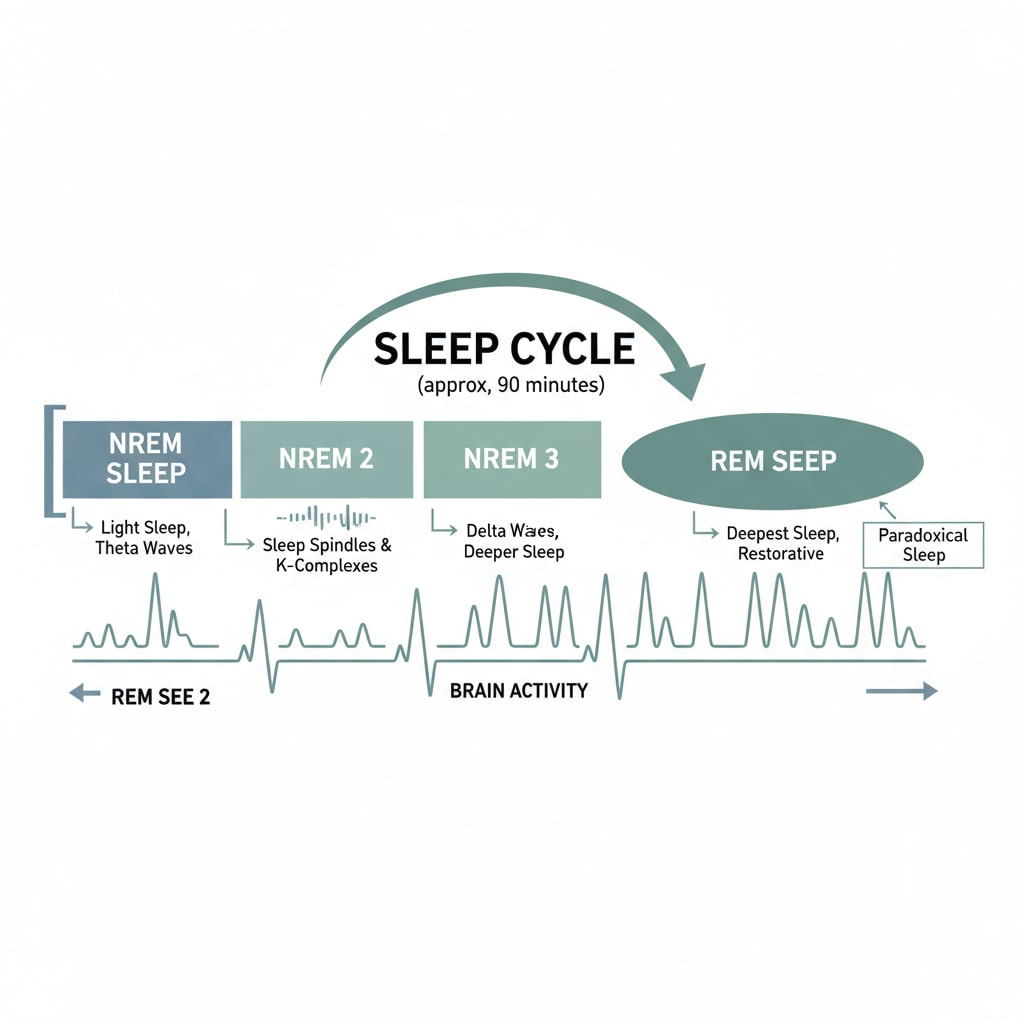Sleep learning, auditory learning, and learning efficiency have long intrigued educators, students, and researchers alike. The idea of learning while we sleep sounds like a dream come true, allowing us to make the most of our time and potentially enhance our knowledge without the need for traditional study hours. But does it really work?
The Allure of Sleep Learning
The concept of sleep learning, also known as hypnopaedia, has been around for decades. It promises a revolutionary way to acquire new skills and knowledge. Imagine listening to language lessons, historical facts, or scientific theories while you’re in the comfort of your bed, drifting in and out of sleep. The allure lies in the potential to optimize learning time and perhaps even gain an edge over others. For example, a student preparing for an exam might think that listening to study materials during sleep could help them remember more information. Hypnopaedia on Wikipedia

The Brain’s State During Sleep
To understand the effectiveness of sleep learning, we first need to look at how the brain functions during different sleep stages. There are two main types of sleep: non – rapid eye movement (NREM) sleep and rapid eye movement (REM) sleep. NREM sleep is further divided into three stages. During NREM sleep, the brain is in a state of relaxation and restoration. Neuronal activity slows down, and the body’s functions like heart rate and breathing become more regular. REM sleep, on the other hand, is when we experience vivid dreams. The brain is highly active during REM sleep, but it is also disconnected from the external environment to a large extent. Sleep on Britannica

When it comes to auditory input during sleep, the brain’s response varies depending on the sleep stage. In the lighter stages of NREM sleep, the brain may still be somewhat receptive to external sounds. However, as we progress to deeper sleep stages, the brain becomes less sensitive to auditory stimuli. During REM sleep, although the brain is active, it is focused on internal dream – related processes and is less likely to process and store new information from external auditory sources.
Research has shown that while the brain can detect some sounds during sleep, it struggles to integrate and make sense of complex information. For instance, it might recognize a simple sound pattern, but it’s very difficult for it to understand and remember detailed educational content. Therefore, the learning efficiency of auditory input during sleep is relatively low.
Readability guidance: As seen above, we break down complex ideas into short paragraphs. We’ve used lists where possible, like the two main types of sleep. The passive voice is kept to a minimum, and transition words like “however” and “therefore” are used to enhance flow.


